Probiotics act mainly in the gastrointestinal (GI) tract, where they can affect your gut microbiome. This microbiome is made up of mostly bacteria that live primarily in the large intestine. When you eat or drink enough probiotics, they help to protect your GI tract from harmful microorganisms, can improve your digestion and gut function, and may provide other health benefits.
Common probiotic strains include Lactobacillus, Bifidobacterium, Saccharomyces, Streptococcus, Enterococcus, Escherichia and Bacillus.
› Health Benefits
Scientists are studying probiotics to understand how they affect health.
Atopic dermatitis
Atopic dermatitis (eczema) is a skin condition that affects mostly children. When a person has atopic dermatitis, the skin will be dry and itchy, will ooze when scratched, and will have red rashes that come and go. Some studies have shown that taking probiotics during pregnancy and infancy may reduce the risk of developing this and may lower the sensitivity of symptoms. Effects will vary depending on the probiotic strain used.
Pediatric acute infectious diarrhea
Acute infectious diarrhea in infants and children causes loose or liquid stools and three or more bowel movements within 24 hours. This condition is often caused by a viral infection and can last up to a week. Some infants and children may also develop fever and vomiting. Some studies have shown that probiotics shorten bouts of acute diarrhea by about one day. However, other studies have shown that probiotics are not effective.
Antibiotic-associated diarrhea
Antibiotics can kill beneficial microorganisms that live in the GI tract, resulting in diarrhea. Some probiotic strains may help reduce the risk of this in people under the age of 65. This is especially true if taken within two days of the first dose of antibiotics.
Irritable bowel syndrome
IBS is a common disorder causing stomach pain and discomfort, bloating, changes in bowel movement frequency, and diarrhea or constipation. The cause of this is unclear, but people with IBS may have too many “bad” microorganisms in their gut and not enough “good” ones. Taking probiotics may reduce IBS symptoms, but effects may vary depending on the strain used, how long it’s used and the symptoms being treated.
Hypercholesterolemia
Very high blood levels of cholesterol and buildup of cholesterol in the walls of blood vessels can block the flow of blood to the heart, increasing the risk of cardiovascular disease. Some studies have shown that probiotics may slightly lower total cholesterol and LDL levels. However, other studies have shown no benefits, so more research is needed to understand this better.
Obesity
Researchers are studying the effects of probiotics on body weight and obesity. Some studies have shown that probiotic use may slightly reduce body weight or body fat, but others have shown no change or an increase in weight. Because of these mixed results, more studies are needed.
Adrenal health
In a randomized clinical trial in humans of cortisol levels when given a probiotic, the study found that after given a probiotic, the participants saw a reduction in their cortisol levels, revealing a connection between the gut and stress hormones or your adrenals. More studies and research is needed.
› How much do I need?
The dosage varies depending on age and what it is being used for. Be sure to follow relevant directions on product labels, and consult your pharmacist, physician or other healthcare professional before using.
The microorganisms in probiotics have been used to ferment foods for thousands of years. Probiotics may cause gas but will rarely cause any other health issues. People with weak immune systems, or the seriously ill, may have problems using probiotics.
› In food
Fermented foods have added microbial cultures. Yogurt, for example, is made by adding live microorganisms to milk. Whether the microorganisms provide probiotic benefits depends on the types and amounts added.
Some fermented foods, such as breads and pickles, are processed after fermentation, which kills the microorganisms. Microorganisms that are not alive do not provide the same benefits as living ones and are not considered to be probiotics. Other fermented foods contain microorganisms that have not been studied, so it is unknown if any probiotic benefits exist. Examples of these include apple cider vinegar, cheese, kimchi, kombucha, miso and sauerkraut.
Some unfermented foods have added microorganisms, including some cereals, milks, nutrition bars, smoothies and formulas. The benefits of these foods depend on the types and amounts of microorganisms they contain.
› Dietary supplements
Supplements labeled as probiotics contain a wide variety of microorganisms and amounts. Many have not been studied, so their health effects, if any, are unknown.
The supplement facts label on a dietary supplement that contains probiotics lists the total weight of the microorganisms in the product. Many labels also list the number of colony-forming units (CFUs) in a serving. CFUs are a better indicator of the number of live microorganisms than total weight. However, higher CFU counts do not necessarily mean the product has greater health benefits; this depends on the specific microorganisms it contains.

Source: National Institutes of Health, Office of Dietary Supplements
Please consult your health care provider before making changes to your vitamin/supplement regimen.


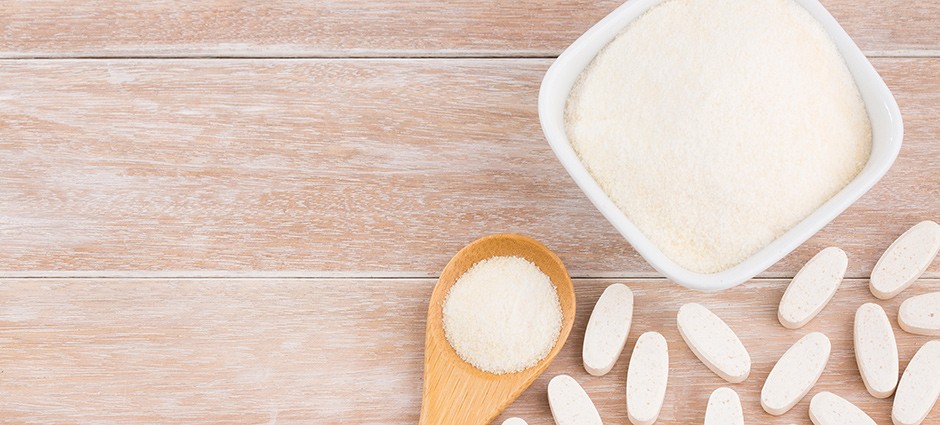
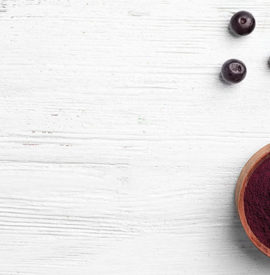
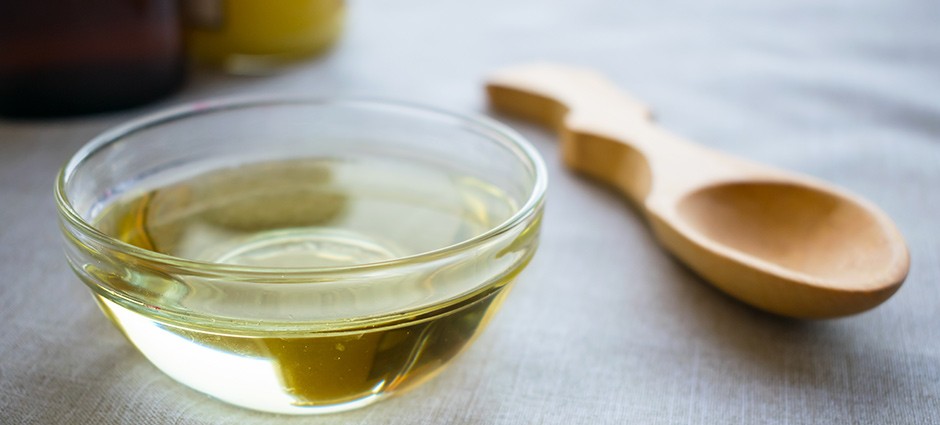


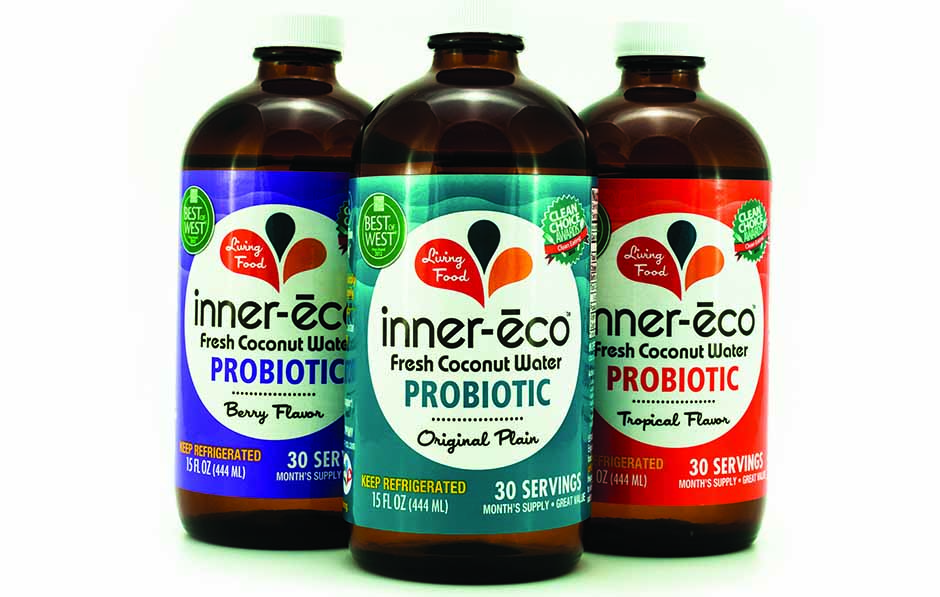

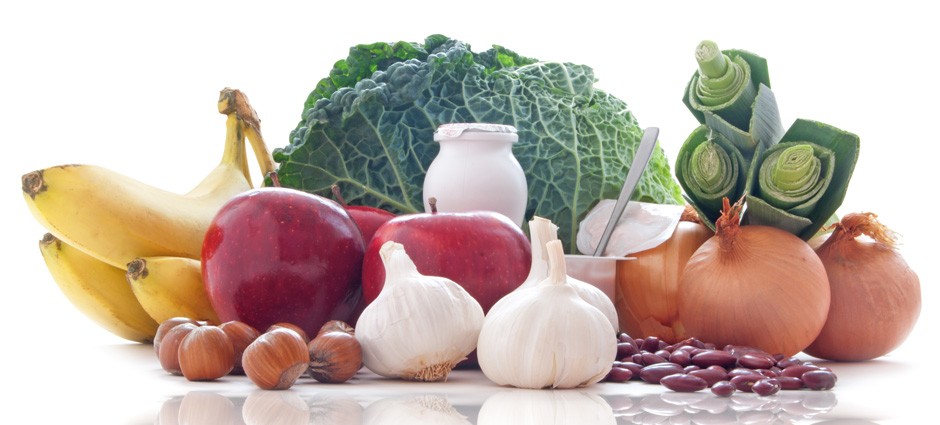
Comments